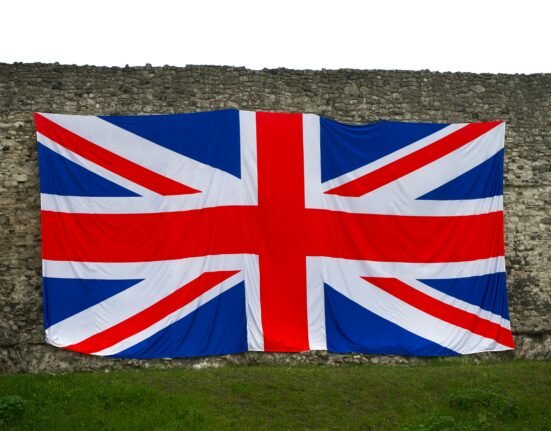Revenue grows modestly while digital operations drive profitability despite challenges in core casino markets
Improved Bottom Line Despite Mixed Revenue Performance
Caesars Entertainment reported its Q2 2025 financial results with group revenue rising 2.9% year-on-year to $2.91bn. The company achieved a significant reduction in net losses, cutting losses to $82m from $122m, a 34.9% improvement. This result reflects a combination of cost-control measures, debt management efforts, and a surge in digital earnings.
While overall adjusted EBITDA fell 4.1% to $955m, declines in Las Vegas and regional casinos weighed heavily on margins. Nevertheless, the company continues to maintain operational efficiency and improve its leverage profile.
Digital Segment Delivers Strong Growth
The star performer for Caesars this quarter was its digital division, which posted adjusted EBITDA of $80m, double that of Q2 2024. Net revenue for Caesars Digital rose 24.3% to $343m, driven by enhanced customer engagement and expanded product offerings in online sports betting and iGaming.
CEO Tom Reeg highlighted that the division’s performance reflects years of strategic investment and confirmed it is on track to meet long-term profitability goals. The first half of 2025 shows cumulative digital EBITDA of $123m, marking a 173% year-on-year increase.
Land-Based Operations Face Headwinds
Caesars’ Las Vegas properties recorded revenue of $1.05bn, down 3.7%, with adjusted EBITDA falling 8% to $469m. The company cited reduced hotel demand and softer convention traffic as contributing factors.
In regional markets, revenue grew 3.6% to $1.44bn, buoyed by contributions from new properties in Virginia and New Orleans. However, adjusted EBITDA declined 6.4% to $439m, indicating pressure on profitability across established markets.
Debt Reduction and Cost Controls Support Financial Health
The company continues to prioritize debt reduction, redeeming $546m in senior notes and selling $225m in World Series of Poker (WSOP) notes during the quarter. These actions, combined with reduced interest expenses of $579m (down from $594m in Q2 2024), are expected to save $44m annually and extend debt maturities to 2028.
Operating expenses rose slightly (2.4%) to $2.38bn, reflecting controlled cost growth relative to revenue. Net loss per share improved to $0.39 from $0.56, signaling incremental progress toward profitability.
Market Position and Forward Outlook
Despite positive developments, Caesars’ growth trails competitors such as BetMGM (36% Q2 growth) and Entain (9% Q1 growth). However, the company outperformed peers like Las Vegas Sands and FDJ, which saw revenue declines.
Looking ahead, Caesars aims to boost EBITDA margins in its land-based operations while aggressively expanding its digital footprint, leveraging the momentum from its high-performing online segment. CFO Bret Yunker emphasized that accelerated free cash flow will support further deleveraging and opportunistic share repurchases in 2025.
With a robust digital trajectory and ongoing cost discipline, Caesars positions itself to weather market challenges and strengthen its competitive stance.
























1 Comment